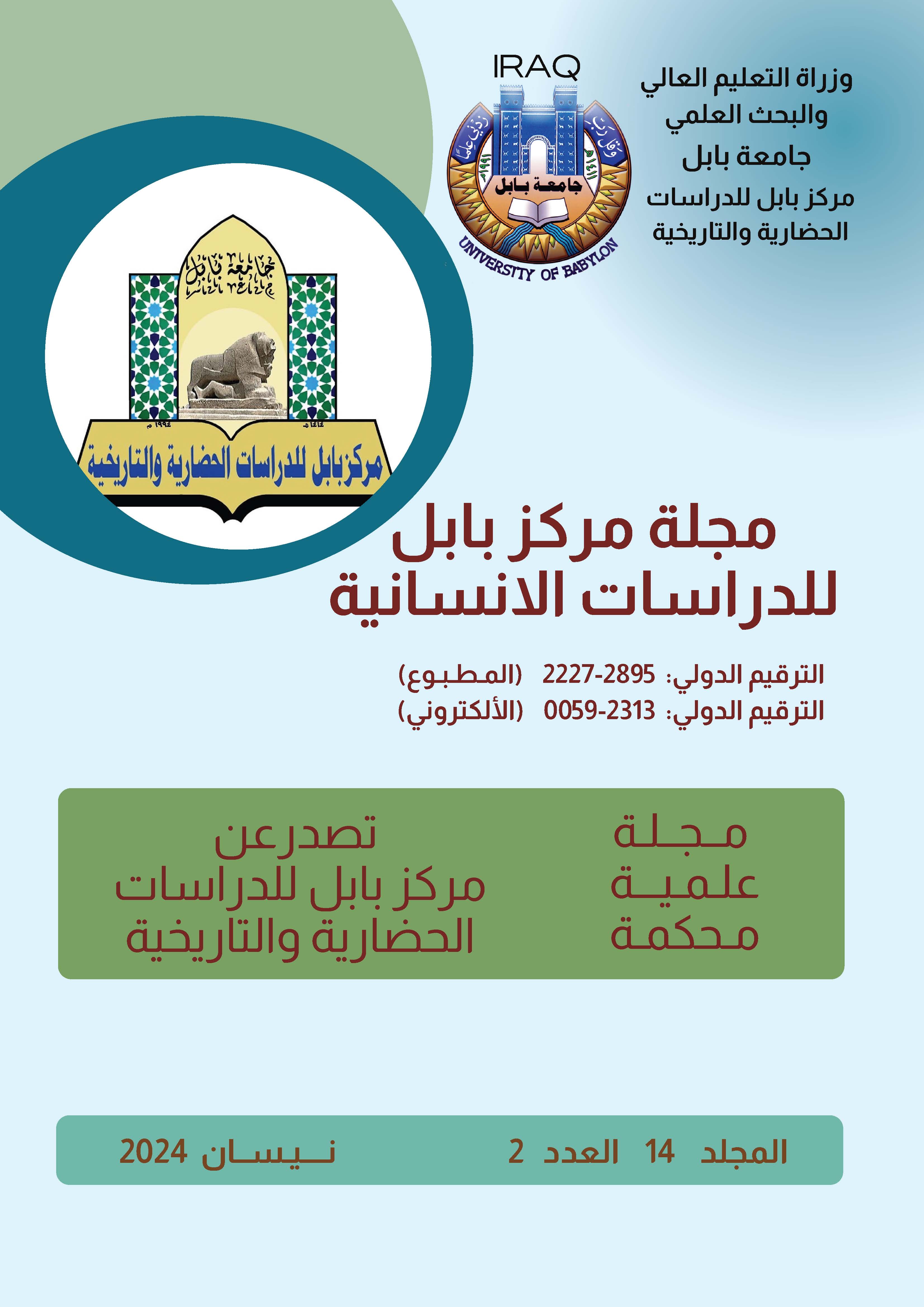“The legitimacy of amassing wealth, its limits, restrictions, and disadvantages in the Qur’an and Sunnah”
Keywords:
Accumulating wealth, saving money, evils of money from the perspective of the Qur’an and Sunnah, conditions for requiring money.Abstract
Money and wealth are important matters in human societies and are among the important goals of Islamic law. The Holy Qur’an is a heavenly revelation that explains to us the role of money in life, its benefits and its harms. Therefore, it has prescribed for us commands and prohibitions, as a warning against the harms of money and to achieve its benefits. The current study, under the title “The legitimacy of amassing wealth, its limits, restrictions, and disadvantages in the Qur’an and Sunnah” examines the extent of legitimacy of accumulating wealth and the permissible methods for accumulating wealth and money in accordance with divine law and Prophet's tradition, and through an analytical descriptive method in the texts, showing its money’s role and its great importance in the life from Holy Qur’an. The Qur’an described money as the sustenance of life, called it good, expressed it in the context of gratitude, commanded that money be preserved from spoilage, and made punishment for those who transgress the money, and likewise gave money to children in more than one of the verses. Money is considered one of the necessities in Islamic law, and it must be taken into account in the individual and social affairs of Muslims. Money is also considered a means of trial and temptation for people in terms of what God has obligated them to do with money and what has befallen them with it. This study also discusses the evils of gathering wealth, such as arrogance, avoiding the truth, being unmindful to Allah remembranc, corruption of the heart, and boasting







